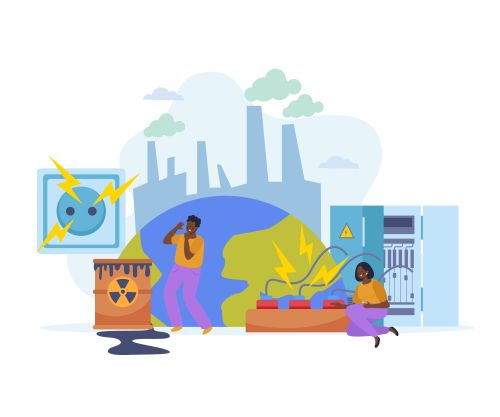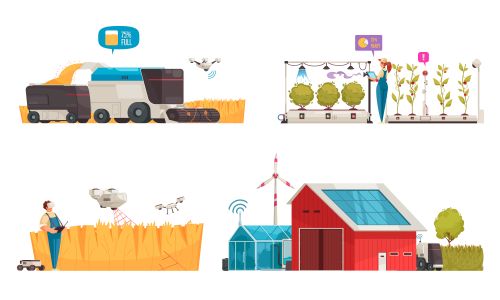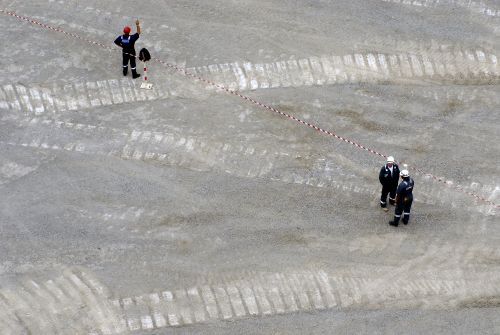965

The main reasons for concern of Romanians from the Millennials and Z generations are the increasingly high cost of everyday life (for 44% of Millennials and 33% of Generation Z representatives) and the evolution of the economy (for 27% of Millennials and 22% of representatives Generation Z), according to the Deloitte Global Gen Z and MillennialSurvey 2023 study, carried out in 44 countries, including Romania.
In this context, young people in our country postpone or cancel their plans related to their personal life, such as purchasing a new home (63% of Millennials and 60% of Generation Z exponents) and starting a family (33% of Millennials and 48% of exponents Generation Z), as well as those related to professional life, such as requesting a salary increase or a promotion (48% of Millennials and 47% of Generation Z exponents) or changing jobs (47% of Millennials and 46% of Generation Z exponents Z).
The top of concerns of young Romanians is completed by education and the development of personal and professional skills (for 20% of Millennials and 35% of Generation Z representatives).
Globally, the cost of living is the top concern among younger generations (42% of Millennials and 35% of Gen Z respondents), followed by climate change (23% of Millennials and 21% of Gen Z respondents) and unemployment rate (20% of Millennials and 22% of Gen Z respondents).
At the same time, 58% of Millennials and 38% of members of Generation Z in Romania say that they live from one salary to another and are worried that they will no longer be able to support their monthly expenses, so they opt for a second job, with a fraction part-time or full-time (33% of Millennials and 38% of Gen Z), to secure an additional source of income (43% of Millennials and 31% of Gen Z).
"The study reveals that the concerns of young people have changed slightly compared to last year. They are still concerned about the cost of daily living, but have also become concerned with development opportunities, which underlines both the desire to evolve and remain relevant to the labor market, but also to secure expanded job options and to obtain additional income in the current economic context.
Responding to this kind of professional and financial pressure, however, is draining.
This fact is also confirmed in the study, the number of those who feel exhausted (burnout) due to the volume and pressures at work increasing in the last year, from 42% to 50% among Millennials and from 42% to 59 % among Generation Z in Romania.
Additionally, Romanian employees from the Millennials and Z generations continue to show an increased interest in initiatives related to mental health.
Therefore, the concrete themes for recruitment and retention strategies should not change significantly, employers being rather called to decline them in the optimal form for the period we are going through", said Raluca Bontaș, Partner, Deloitte Romania.
According to the study, the proportion of Romanians who are stressed or anxious most of the time is lower in the case of Millennials (35% of Romanians versus 39% globally) and higher in the case of Generation Z (52% of Romanians versus 46% globally).
In this context, the representatives of the two generations consider the policies and initiatives related to mental health when considering a potential employer (83% of the respondents in Romania and those at the global level).
In addition, they state that their current employer carries out actions to support or improve mental health (56% of Romanian and global respondents) and find that investing in such programs has generated positive changes at work (59% of respondents from Romania versus 55% globally).
The Deloitte Global Gen Z and Millennial Survey 2023, now in its 12th edition, was conducted among more than 8,300 Millennials (born between January 1983 and December 1994) and approximately 14,500 Generation Z ( born between January 1995 and December 2003) from 44 countries worldwide.




